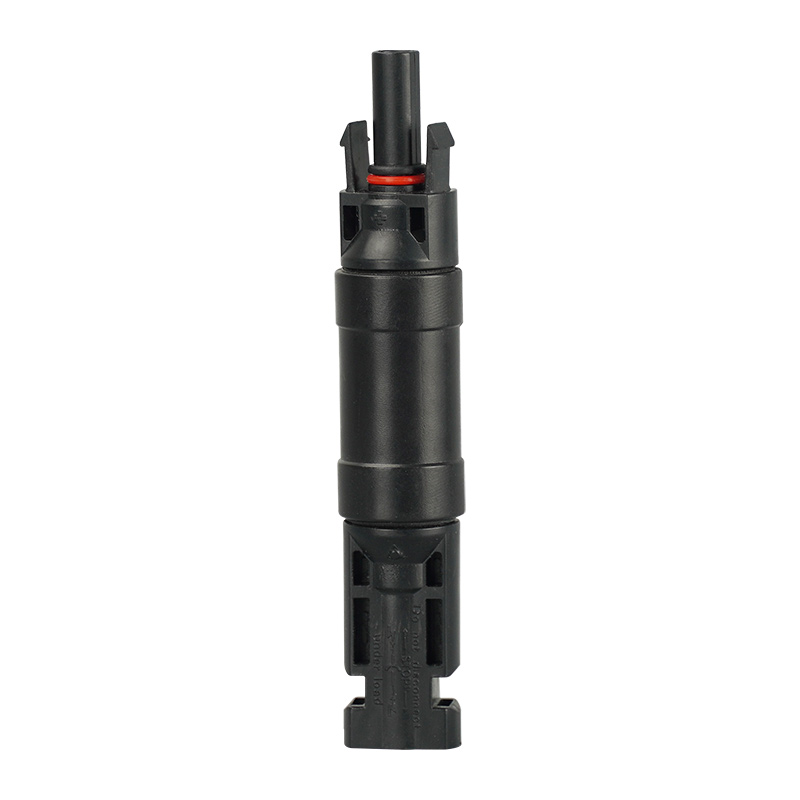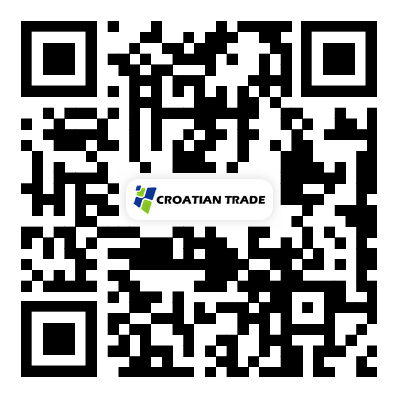Key characteristics and types of solar connectors
2023-10-16
Solar connectors, also known as photovoltaic connectors or solar panel connectors, are specialized electrical connectors designed for connecting solar panels to the rest of a solar power system. These connectors are a crucial part of solar energy systems, as they facilitate the safe and efficient transfer of electrical energy generated by solar panels to other components, such as inverters, charge controllers, and the electrical grid. Here are some key characteristics and types of solar connectors:
Key Characteristics of Solar Connectors:
1. Waterproof and UV Resistant: Solar connectors are designed to withstand outdoor and environmental conditions. They are often waterproof and UV-resistant to protect against moisture, rain, and prolonged exposure to sunlight.
2. Safety Features: Many solar connectors have built-in safety features, such as locking mechanisms that prevent accidental disconnection. This helps maintain system integrity and ensures a secure electrical connection.
3. High Current-Carrying Capacity: Solar connectors are built to handle the high currents generated by solar panels. They are typically rated for currents ranging from 15 to 50 amps or more, depending on the connector type.
4. Compatibility: Solar connectors must be compatible with the type of solar panels and other components used in the system. The most common types of solar connectors are MC4 (Multi-Contact 4) and MC4-compatible connectors.
5. Easy Installation: Solar connectors are designed for ease of installation, allowing for quick and secure connections between solar panels and other components. They are often plug-and-play connectors, simplifying the wiring process.
Types of Solar Connectors:
1. MC4 Connectors: MC4 connectors are the most widely used type of solar connector. They come in both male and female versions and are known for their reliability, ease of use, and compatibility with most solar panels. The "MC" in MC4 stands for Multi-Contact, the company that developed this standard.
2. MC3 Connectors: MC3 connectors are similar to MC4 connectors but have a different locking mechanism. They are less common today but can still be found in some older solar installations.
3. Amphenol H4 Connectors: The Amphenol H4 connector is another popular choice for solar applications. It offers high current-carrying capacity and is known for its robust design.
4. Tyco Solarlok Connectors: Tyco Solarlok connectors are designed for use in demanding solar environments. They are known for their durability and resistance to harsh weather conditions.
5. Soldered Connectors: In some cases, solar installers may choose to solder connections between solar panels and wiring, especially in custom installations. Soldering provides a secure and durable connection but requires more labor.
6. Non-standard Connectors: Some solar panel manufacturers may use proprietary connectors. In such cases, adapters or custom-made connectors may be required to connect these panels to the rest of the system.
It's important to ensure that the solar connectors used in a solar power system are compatible with the components being used and meet safety and performance standards. Proper installation and maintenance of these connectors are essential to ensure the efficiency and safety of a solar energy system. Additionally, many solar connectors are designed to be "plug-and-play" for easy installation, but it's crucial to follow the manufacturer's instructions and guidelines to ensure a reliable and safe connection.



